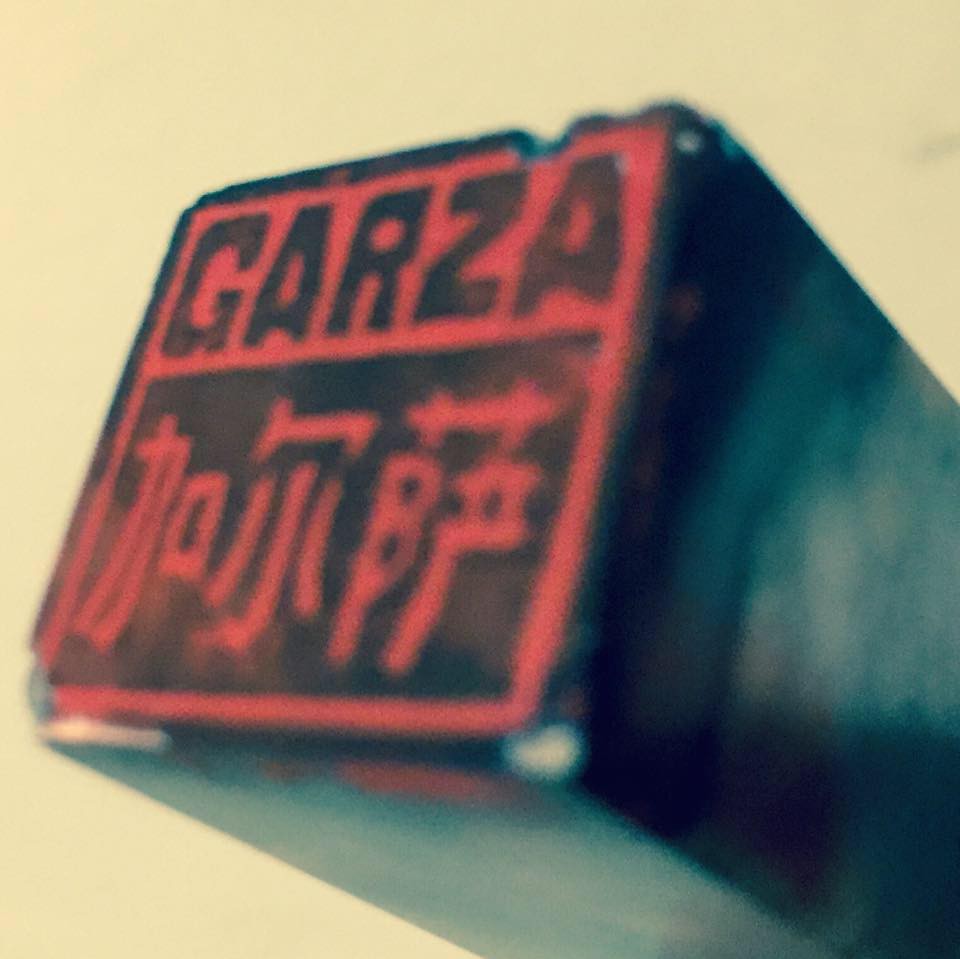Over the past year, I had picked up my Padi certification Open Water and Advanced Open Water through a local dive shop, Seminole Scuba in Lake Mary, Florida. One of my immediate concerns getting signed up was medical clearance for a reoccurring stomach ulcer. The reason for the heightened sense of awareness about the ailment was anemia. With periodic changes in my blood’s ability to carry oxygen, I had thought I might be unable to enjoy exploring this endeavor.
After reviewing my results with my family physician, I was provided written clearance for scuba diving; however, a piece of paper was the first hurdle to managing my anemia. For those unaware of your blood’s hemoglobin count, I had encouraged getting this number checked out periodically if engaging in this activity or any other athletic adventures. For myself, my hemoglobin had floated around 9 grams (gm) per deciliter (dL). Here are some posted normal ranges from per Medicinenet.com:
- Children: 11 to 13 gm/dL
- Adult males: 14 to 18 gm/dL
- Adult women: 12 to 16 gm/dL
- Men after middle age: 12.4 to 14.9 gm/dL
- Women after middle age: 11.7 to 13.8 gm/dL
Here were few additional thoughts I had learned up to my last outing in the big blue Atlantic.
- Eat your iron. Always keep a bottle of iron (OTC) or medically prescribed version available in your gym or scuba bag. For myself, this was paramount to making it through Open Water course.
- Get a thicker wetsuit! For myself, this was exceedingly apparent on my outing for the Advanced Open Water class. When underwater getting hypothermia, you had reduced your chance to relax while shaking like a low power vibrator. Think I had lost few pounds on that Saturday but, worse still feeling like a burden to my dive buddy and instructor(s). After trying to get by on the cheap with rentals of 3MM suits, I had conceded the point. I had shelled out about $400 bucks on 5mm Aquaflex medium from Seminole Scuba. The dividend after the fact was a more calm and fun dive time.
- Know your limits. Sounds obvious, though, I had understood a man’s ability to hold onto his maverick independent streak. The smarter person, the better diver, had kept themselves self-aware about their limitations including fatigue, alertness, and pain.
- Avoid anything that might exacerbate your anemia. In my case, avoiding irritating an ulcer was important before a scheduled dive. Recently, I had marked off the list alcoholic beverages (i.e. margaritas), caffeine and spicy foods few days in advance if in the midst of a flare up.
Again, if you were interested in scuba diving and anemic, talk with your family doctor. Safe travels!
Read More:
Overview of anemia and diving – Diving Medicine Online (scuba-doc.com)
Understanding Anemia — the Basics (WebMD)
How is hemoglobin measured? (Medicinenet)



I just wrote in detail about my iron infusion after suffering with chronic anemia for several decades. It took a few months to kick in but I feel the best I have in a dozen years. I don’t know if this is an option for you but thought I’d mention it in case you’d like to read my story. Looks like you have quite a delightful life. Beautiful pictures.
LikeLike
Yeah it’s bout managing it. Hope to post some scuba video soon.
LikeLike